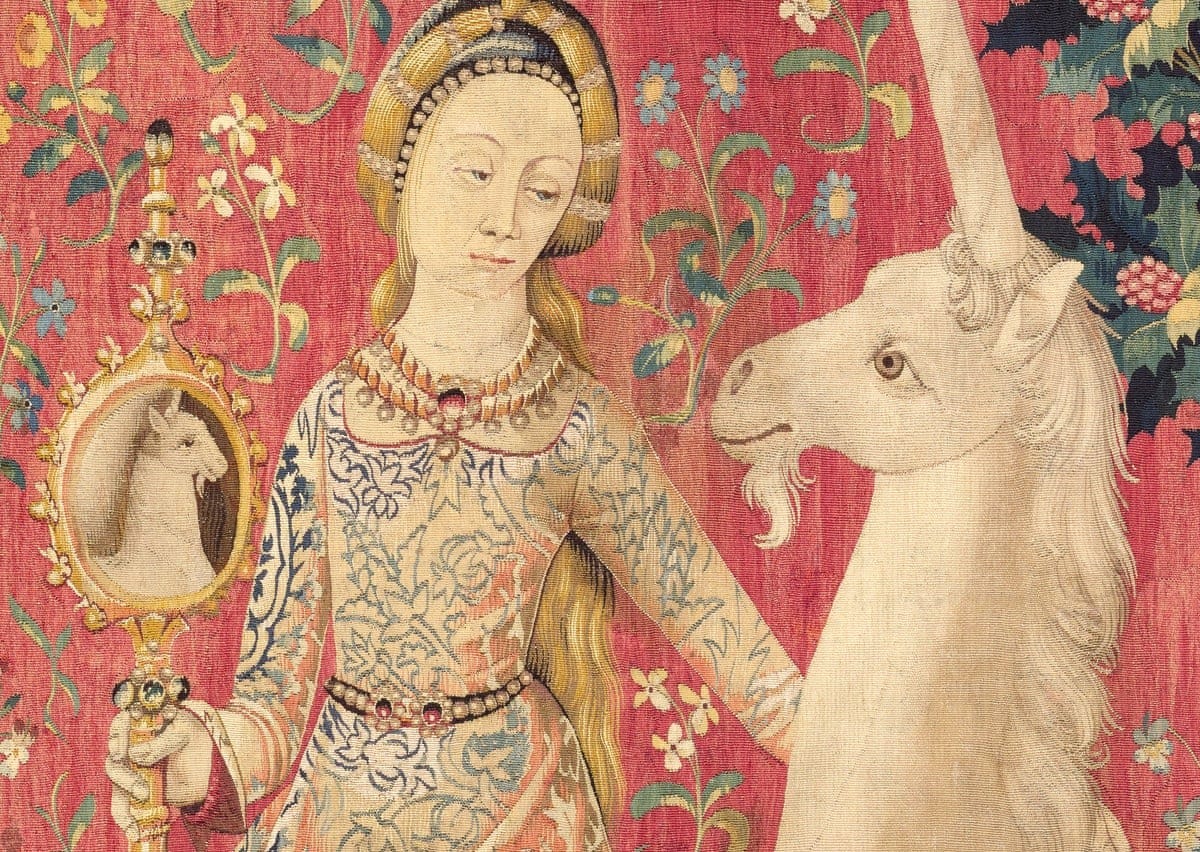Why do false beliefs gain traction and persist across centuries, even in the face of better evidence? It’s easy to look back at past civilizations and scoff at their errors—believing the Earth was flat or that illness was caused by bad air. But mistaken ideas aren’t just relics of the past. They still shape how we think today.
Why False Beliefs Take Hold
There are several reasons why wrong ideas gain widespread acceptance. First, they help make the world feel coherent. Humans are meaning-makers by nature. Faced with a confusing world, we instinctively seek patterns and explanations. A wrong but satisfying theory often feels better than no explanation at all. Ancient cosmologies, for example, gave people a sense of their place in the universe, even if they were scientifically inaccurate.
Beliefs are also shaped socially. What we accept as “truth” often depends less on logic than on what those around us believe. Many commonly held ideas we simply never closely examine. When a community, religion, or culture reinforces a certain idea, questioning it can feel risky—not just intellectually but emotionally and socially. Challenging a widely accepted belief may come with social costs, from ridicule to exclusion.
Some beliefs persist because they serve particular interests. Racial pseudoscience, for example, offered convenient justification for slavery, colonialism, and discrimination. Other beliefs are tightly bound to personal or group identity. Letting go of them can feel like betraying one’s community or sense of self.
Finally, belief systems often evolve defenses against being disproven. Evidence that contradicts a cherished belief may be ignored, rationalized, or dismissed. When ideas become immune to falsification, they cross from open inquiry into dogma.
Historical Examples of Persistent Error
History offers many powerful examples of beliefs that were widely accepted—and completely wrong. One of the most enduring was geocentrism: the belief that Earth was the center of the universe. Codified by Ptolemy and embedded in religious doctrine, this view dominated for over a thousand years. Even when Copernicus and Galileo presented evidence to the contrary, their findings faced fierce resistance. It wasn’t the evidence that was lacking—it was that the old belief was deeply woven into the cultural and theological fabric of society.
Phrenology is another notable case. Once considered a respectable science, it claimed a person’s character and intelligence could be read from the shape of their skull. It was taught in universities and used in courtrooms. Although discredited, its logic lingered on in later racist and pseudoscientific theories.
In medicine, the miasma theory held that foul air caused disease. This idea made intuitive sense—bad smells were often present where illness spread. But it wasn’t until germ theory gained traction, supported by a shift in scientific thinking and public health reform, that this mistaken idea was widely rejected.
Why Mistaken Ideas Still Matter
The point of revisiting these errors isn't to mock the past. It’s to recognize that we are just as susceptible to false beliefs today. Ideas about intelligence, gender, economics, and even technology may seem obvious to us now, but future generations may view some of them as ethically troubling or scientifically laughable.
False ideas rarely vanish overnight. They erode gradually—challenged by new evidence, cultural change, and shifting social values. Even when a belief is overturned, its remnants often survive in language, policy, and collective habits. Some resurface under new names or with slightly altered rationales.
What False Beliefs Persist Today?
Even in an age of scientific progress and access to vast information, many flawed beliefs continue to shape our world. One persistent myth is that of pure meritocracy—the belief that success is solely the result of talent and hard work. While appealing, this idea ignores the role of structural inequality, inherited privilege, and systemic bias. It persists in part because it flatters those who succeed and supports a comforting narrative about fairness.
We also overestimate human rationality. Economic and political models often assume that people act out of clear, self-interested logic. Yet psychology shows we are driven by emotion, bias, and social influence. Still, the myth of the rational actor shapes how we design systems and assign responsibility.
Technology is another domain where false beliefs thrive. Many assume it is neutral—just a tool used for good or ill. But technologies reflect the values and assumptions of their designers. Algorithms can reinforce biases under the guise of objectivity, often without public scrutiny.
Some believe that more information leads to better thinking. Yet in the digital age, access doesn’t always lead to understanding. Without strong critical thinking skills, people can become more entrenched in their beliefs, especially in polarized environments.
Lastly, many assume we know our own minds. But psychology suggests much of our reasoning is unconscious and shaped by forces we don’t recognize. We often create stories to explain decisions after the fact, unaware of the true motivations beneath.
Guarding Against Persistent Error
We can’t avoid every wrong belief, but we can reduce our vulnerability. Intellectual humility is key—acknowledging that being wrong is part of being human. We should value curiosity over certainty, prioritize good questions over easy answers, and seek out diverse perspectives that challenge our assumptions.
Critical thinking is essential—not just about what we believe, but how and why we come to those beliefs. When we become more reflective about our own thought processes, we become better at recognizing error, in ourselves and in the world around us.
A Closing Thought
The history of mistaken ideas is also a story of progress. It shows that knowledge evolves—not in a straight line, but through constant questioning, correction, and cultural transformation. We inherit both truths and falsehoods from those who came before us. Our task is not simply to replace old errors, but to remain open, curious, and honest enough to confront new ones.




